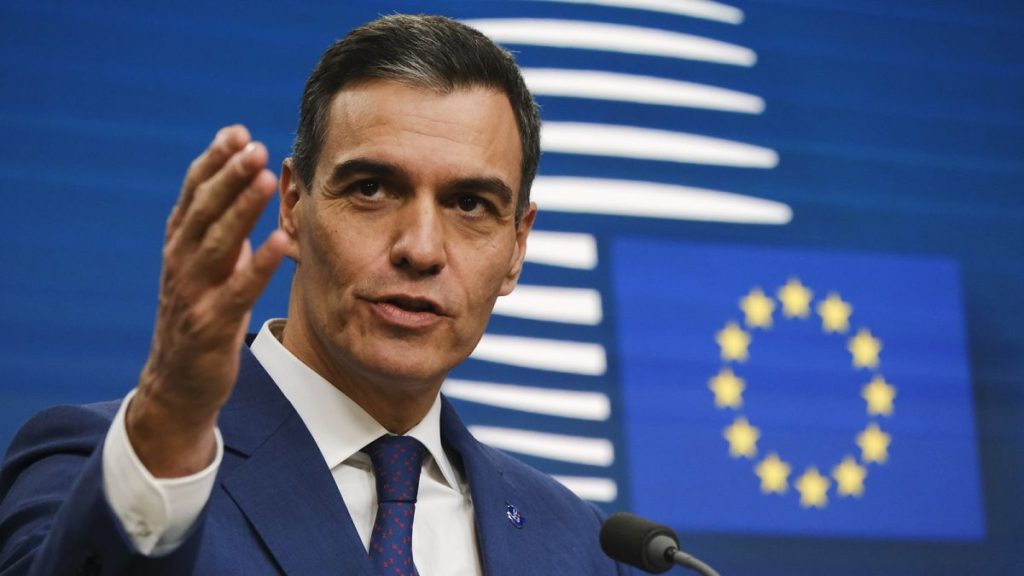Spain’s Pedro Sánchez has expressed his opposition to proposed import tariffs on China-made electric vehicles by the European Commission. These tariffs are aimed at offsetting subsidies from Beijing, but Sánchez believes they could lead to a trade war. He is calling for a reconsideration of this move and advocating for building bridges between the EU and China. This stance represents a change for Spain, which typically supports the Commission’s decisions. The upcoming vote on these tariffs will serve as a test of the EU’s willingness to confront China over unfair trade practices.
The European Commission’s proposal includes additional duties on China-made electric vehicles, ranging from 7.8% to 35.3%, on top of the existing 10% rate. The tariffs are meant to ensure fair competition in the market, but there are concerns over potential retaliatory measures by China, particularly targeting the pork sector, which is important for Spain. The vote on these tariffs will require a qualified majority to stop them, with varying positions among member states. Allegations of China’s tactics to divide member states and influence decisions to benefit its interests have also emerged.
Sánchez, during his visit to China, emphasized the need for dialogue and cooperation between the EU and China. He highlighted the areas of agreement between the two sides and called for a balanced approach in addressing the trade deficit. While expressing a desire for a compromise between the EU and China, he also stressed the need to separate issues related to electric vehicles from those concerning the pork sector, which is facing its own challenges due to potential trade restrictions. Sánchez is playing a constructive role in mediating between the two parties.
The potential impact of retaliatory measures by China on the pork sector is a concern for Spain and other EU countries, who are vulnerable to such actions. Sánchez reassured the pork sector of the Spanish government’s support and commitment to defending its interests in the face of any sanctions. The tense trade situation has also led to scrutiny of European exports of brandy by Beijing, further complicating the trade negotiations between the two sides. The ongoing discussions between the EU and China reflect broader tensions in the global trade landscape.
The EU’s response to China’s trade practices, particularly in the electric vehicle sector, will have significant implications for the future of trade relations between the two parties. The outcome of the upcoming vote on the proposed tariffs will demonstrate the EU’s resolve to address unfair competition and protect its interests. Sánchez’s advocacy for dialogue and compromise underscores the importance of maintaining constructive engagement with China while also standing firm on key trade issues. The delicate balancing act between promoting trade and protecting domestic industries will continue to shape EU-China relations in the coming months.


